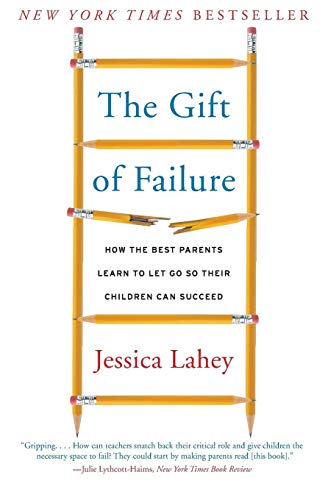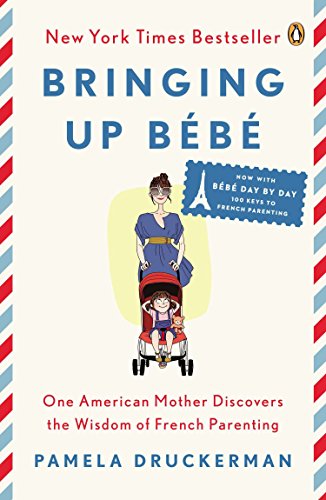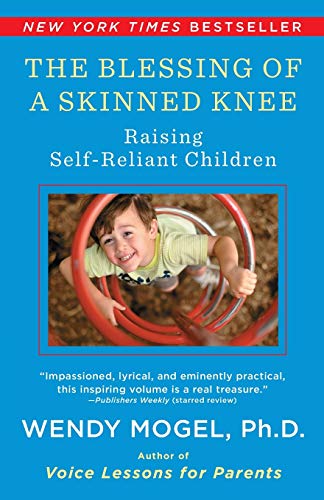How to Raise an Adult
Think you might want to read this book?
How to Raise an Adult, by Julie Lythcott-Haims, is in many ways a meta-analysis of the dozens of books she references and curated over the course of her 14 years as a Dean of Freshman at Stanford University. She takes the reader through simple advice (“be the kind of listener that will keep your child opening up to you”), statistics to calm us (your child is more likely to be killed by a horse than a stranger), and concepts to guide us (Are you a “concierge parent”?). A great read for any parent or parent-to-be who wants to reflect on how they were raised and improve on that standard for the next generation.
What Would Socrates Ask?
What happens when we let children be unhappy and see how things work out?
If we craft most of our childrens’ experiences for them, how will they be able to carve out their own as adults?
At what age do you feel adolescence ends… and what does that mean for your relationship with your child at that point?
Research
Children abducted by strangers represent .01 percent of all missing children.
The chances that a child might be killed by a stranger are less than the chance that it would happen in an equestrian accident (1 in 297,000), as a result of youth football, (1 in 78,260), or as a passenger in a car (1 in 17,625).
American Academy of Pediatrics issued a policy in 2000 discouraging the practice of kids specializing in a single sport prior to adolescence.
The number one wish in a study of one thousand kids was for their parents to be less stressed.
Concepts
When we do for kids what they can or can almost do for themselves, we really send the message that we don’t think they are capable of doing it for themselves and that has negative long-term psychological ramifications.
“Concierge Parent”- one who gets everything and does everything to make sure that their child is comfortable.
“Excellent Sheep”- children who can follow the rules/play the game of school/life flawlessly, but when asked about passion or forced to think on their own struggle (similar concept- ”Fragile Thoroughbreds”)
“Learned Helplessness”- when we shut down due to lack of control in a situation
American Psychological Association- 3 Tips for Parents: 1- Be available, 2- Let them know you are listening, and 3- Respond in a way they will hear.
Quotes from the author
Why did parenting change from preparing our kids for life to protecting them from life?
We treat our kids like rare and precious botanical specimens and provide a deliberate, measured amount of care and feeding while running interference on all that might toughen and weather them.
… in our own homes we parents can and should take up the task of teaching our kids to think… by improving our conversations with our kids about what they’re learning, experiencing, and deciding.
Despite what you may think, your kid is not your passion. If you treat them as if they are, you’re placing them in the very untenable and unhealthy role of trying to bring fulfillment to your life.
Quotes from Others
“There are two things children should get from their parents: roots and wings” - Johann Wolfgang von Goethe
“When there’s an adult directing things, that is not play.” - Peter Gray
“Don’t do for your kid what your kid can already do, or can almost do.” - Madeline Levine
“Periods of unhappiness are okay and our kids need to know that; it’s the struggle that makes you who you are.” - Harriet Rossetto
Implement tomorrow?
Encourage all families to have dinner each evening, discuss the day, and unpack any decisions or difficult situations that happened
Organizations Working on Answers
Gateways to Further Learning
Referenced books for purchase
The applicability of this book to education is ….
Resources
























